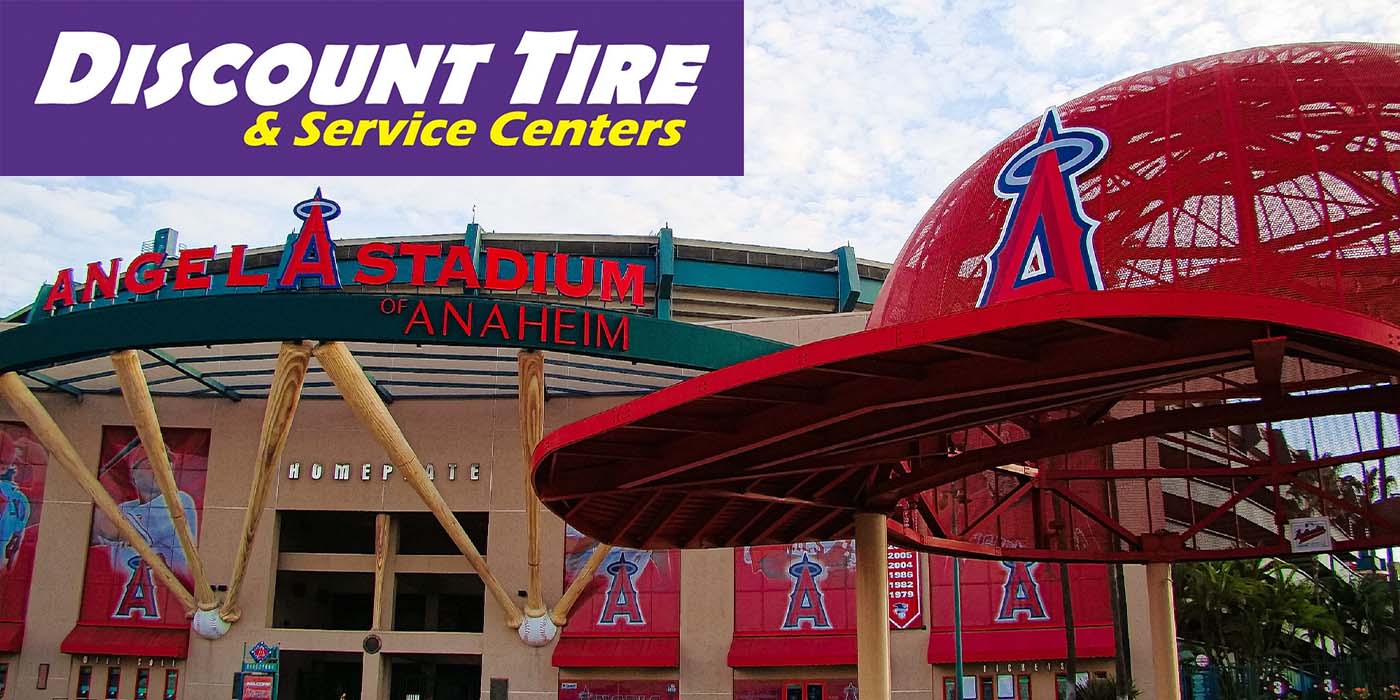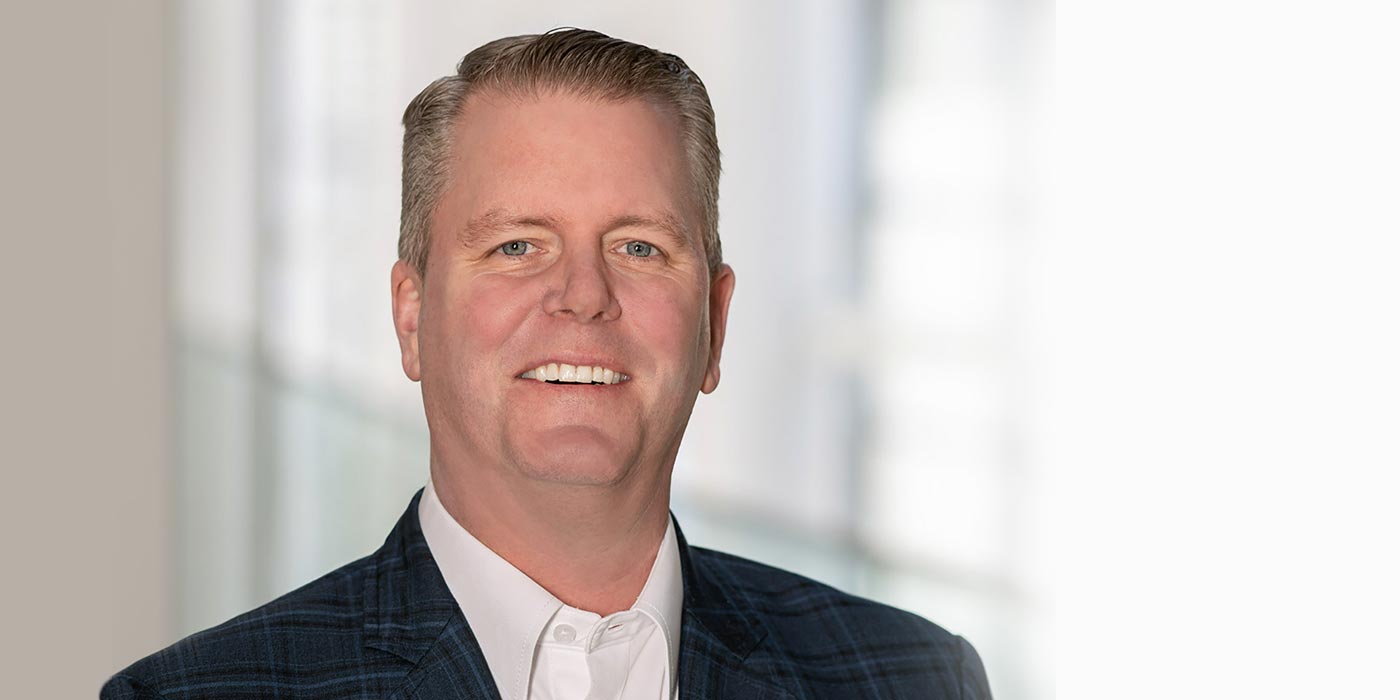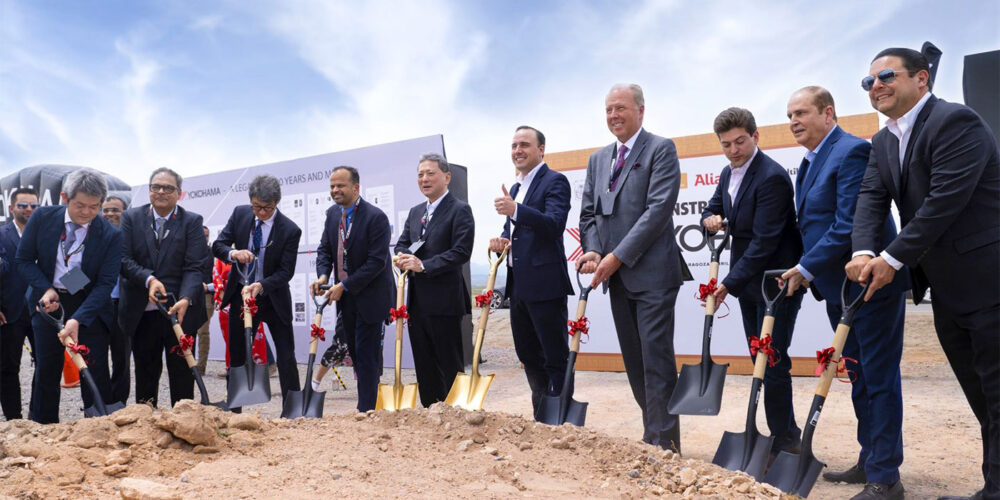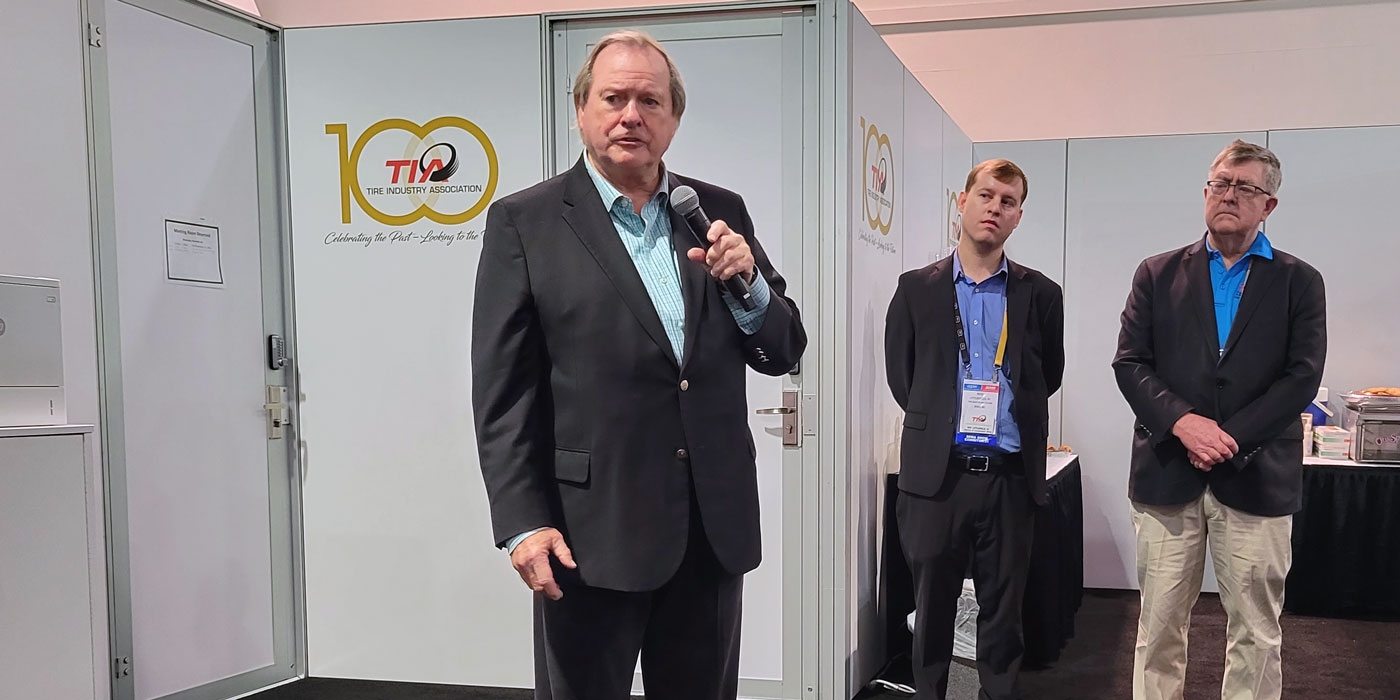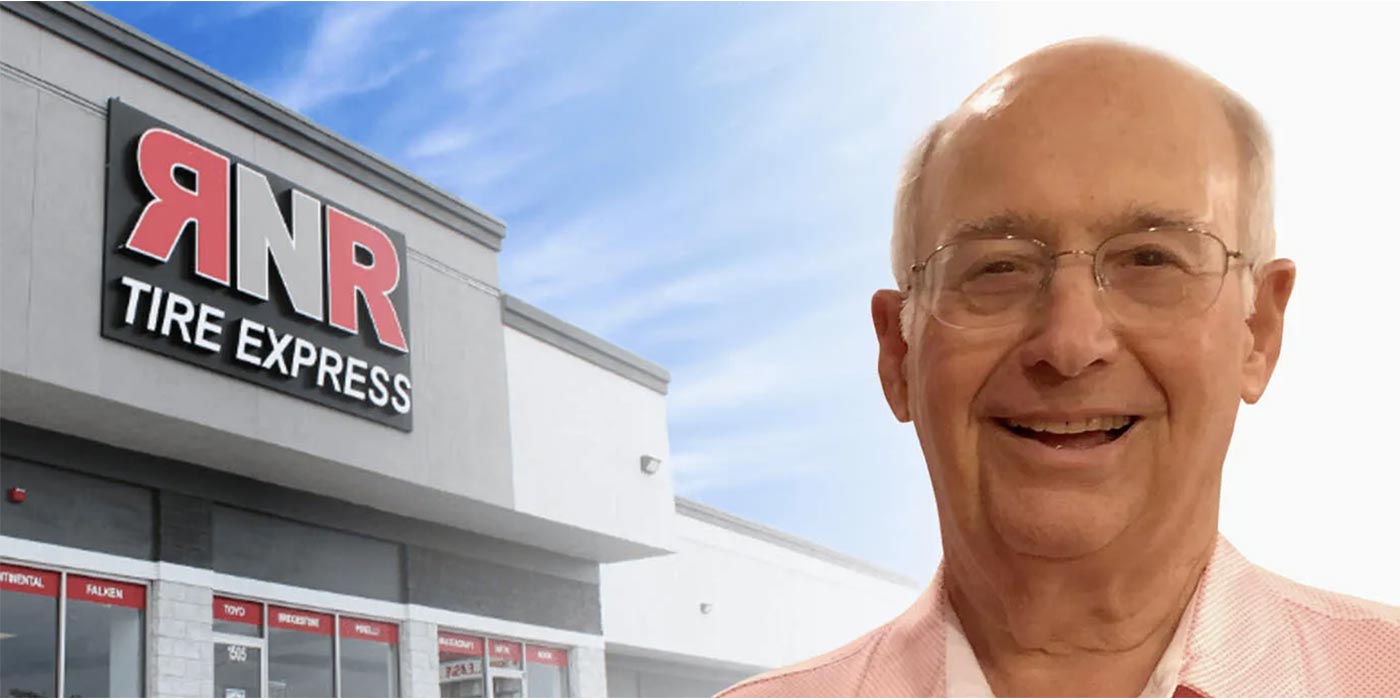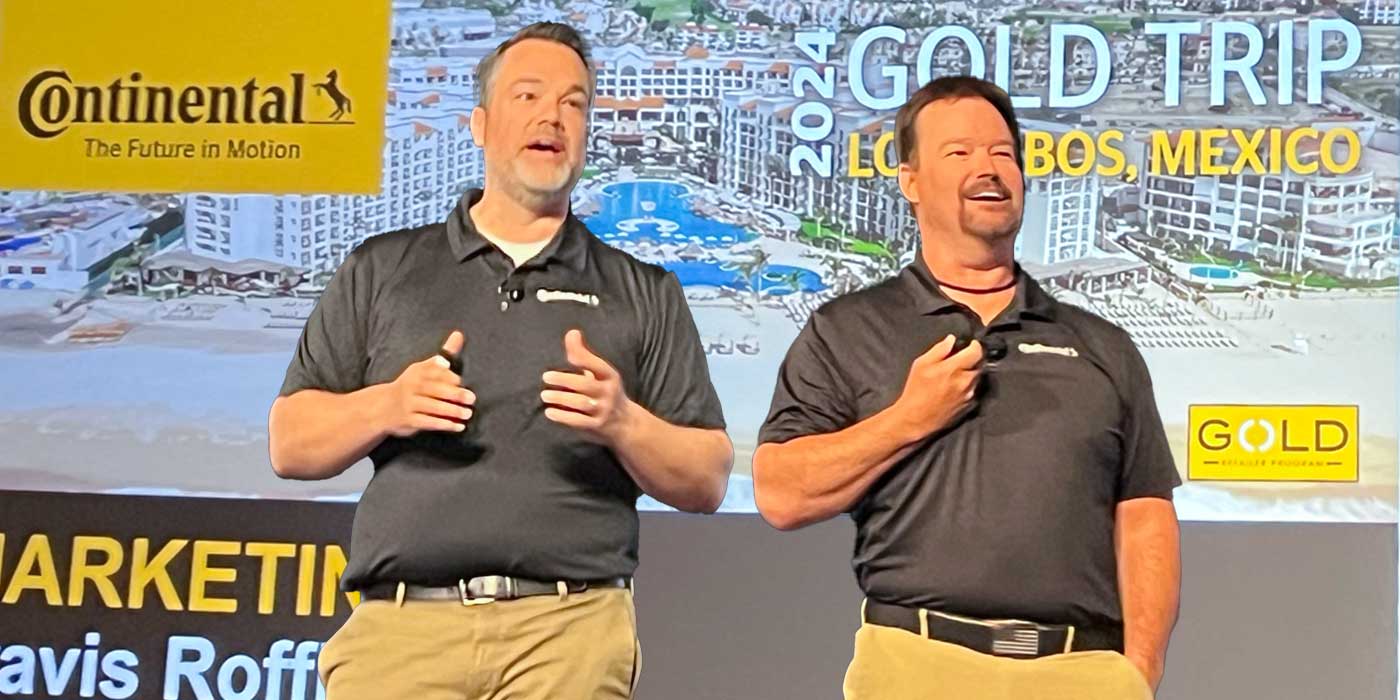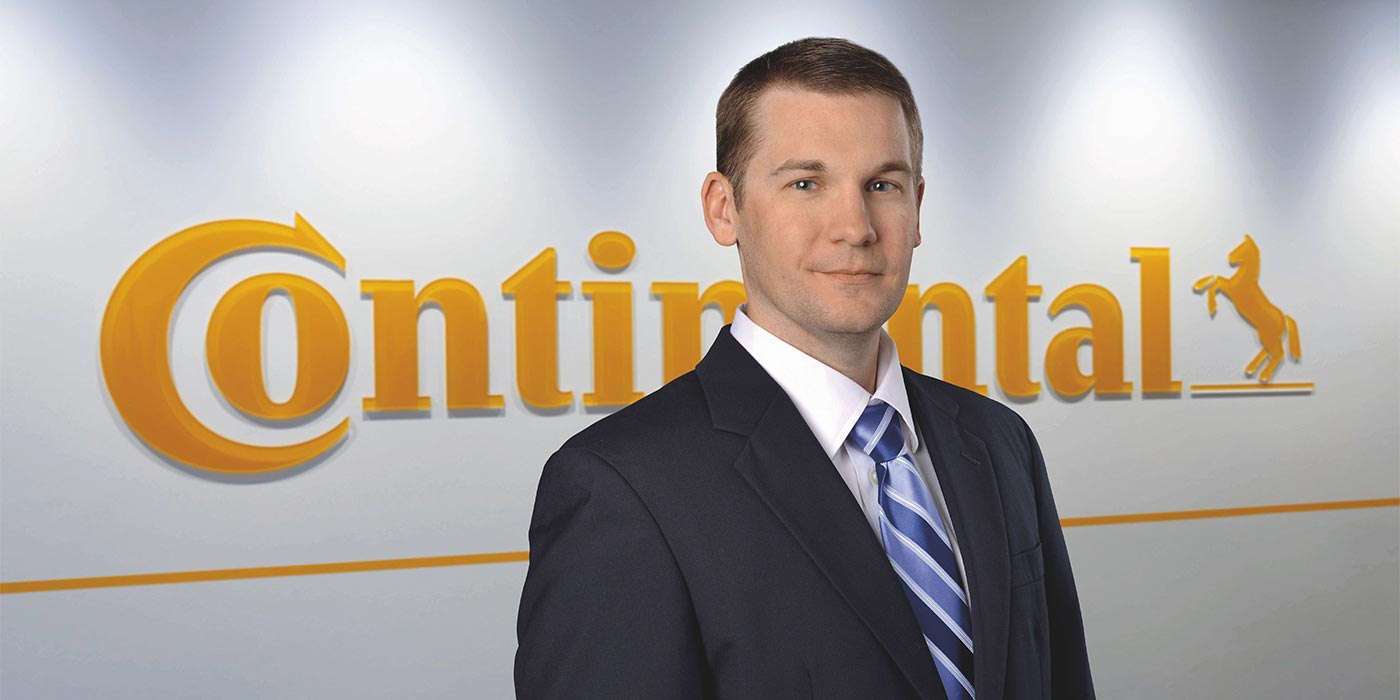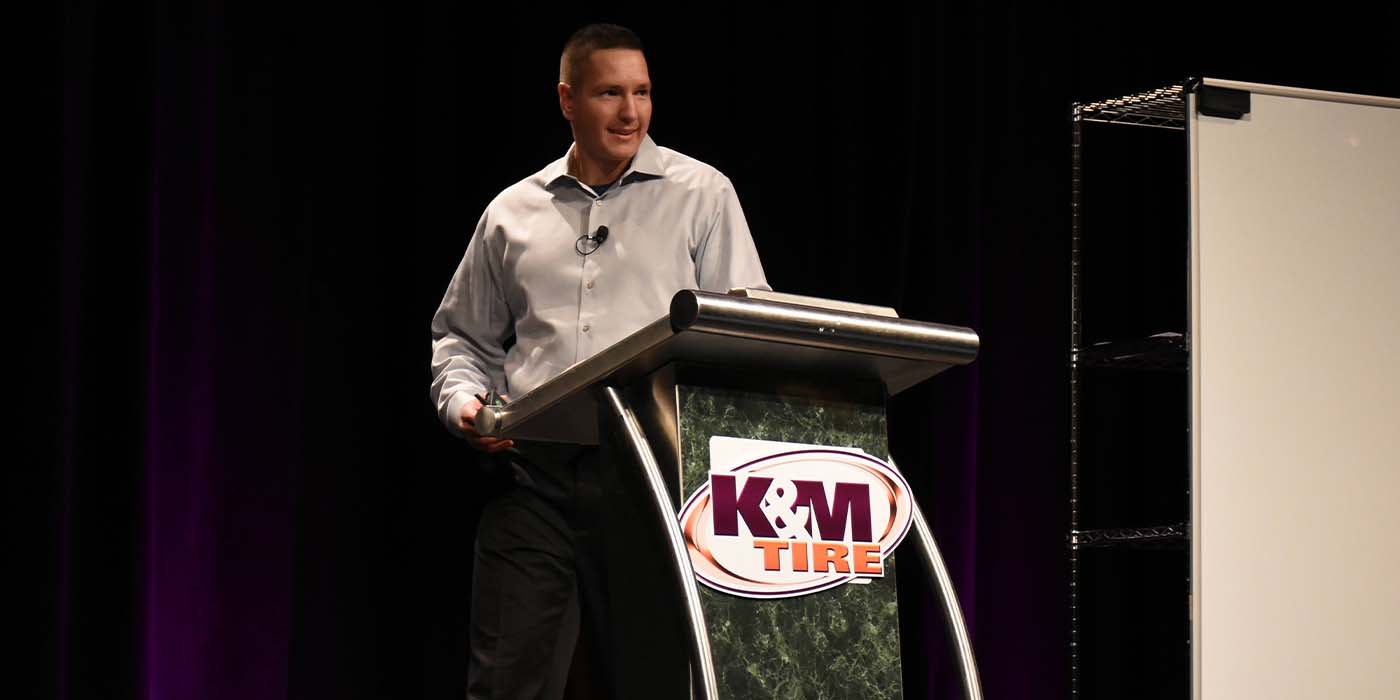Most major companies and corporations, including the Michelin Group, have set net-zero-emissions targets aimed for 2050. A pledge like this means companies want to decrease their carbon footprint, by using fewer fossil fuels or reducing their CO2 emissions, for example.
While these commitments point to a promising future, it takes time for companies to change processes and invent and implement new technology to achieve “net-zero emissions.” So, what will it take for them to get there? A panel at this year’s Michelin Movin’On Conference tackled the subject in a session called, “Getting to 2030 targets – A climate roadmap to net zero.”
“It’s all about taking concrete issues and concrete actions and putting together the expertise and different businesses at all levels—whether in the public or private sector,” said Michelin CEO Florent Menegaux, one of the four panelists at the 2021 conference’s inaugural session. “Everyone is concerned about making mobility cleaner and more accessible.”
Moderated by CNBC journalist and event emcee Asha Sumputh, the panel consisted of experts from both the private and public sector, including: Menegaux; Julie Sweet, CEO, Accenture, a multi-national consulting and processing company; Jeffrey Sachs, president of the UN Sustainable Development Solutions Network, UN SDG Advocate and director of the Center for Sustainable Development at Columbia University; and Rodolphe Saadé, chairman and CEO, Groupe CMA CGM, a French container transportation and shipping company.
Status Update: Meeting 2030 Emissions Targets
A company’s 2030 emissions targets can give us a sense of how they’re moving to a net-zero emissions future, said Sachs. These targets are a good mid-point for measuring what a company has done in a decade and how far they have to go to reach their 2050 goals.
However, 2030 emissions targets can be realized only if fossil fuel and oil companies are held accountable for their environmental impact, Sachs said.
“We need an energy transformation,” Sachs said. “The problem has been that the incumbent fossil fuel sectors, which have been politically powerful in petroleum-focused countries like the U.S. and Russia.”
Sachs said oil companies, such as Exxon Mobil Corp., Royal Dutch Shell Plc, and Chevron Corp., are already “being brought to reality,” with recent calls from shareholders to reduce emissions and a Dutch court demanding that they act more quickly to reduce their greenhouse gas emissions. Plus, the International Energy Agency has demanded a stop to new oil and gas projects, such as pipelines and drilling, in order to reach net-zero emissions by 2050.
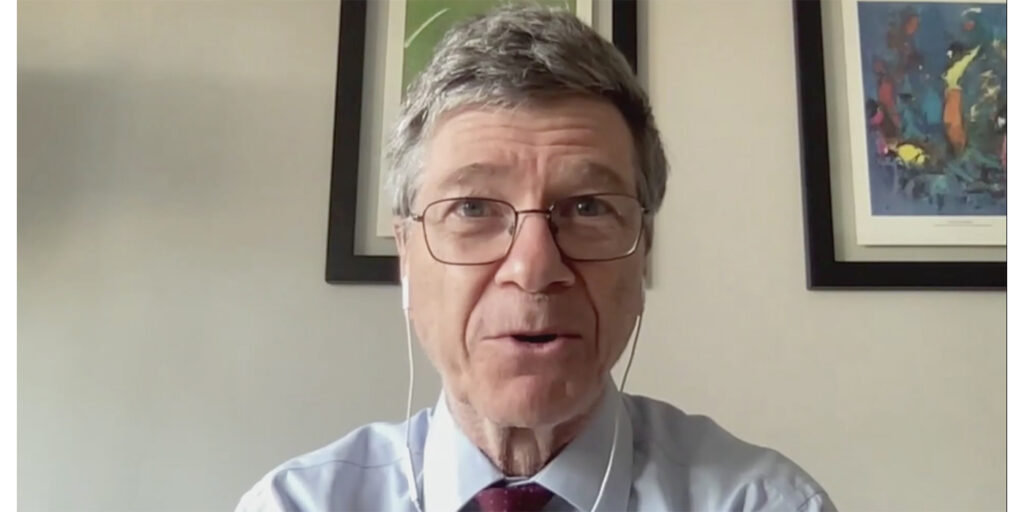
Menegaux said that the “old energy sector” companies could be part of the solution: “Energy providers have to contribute to progress and investment and fix issues,” he said.
Accenture’s Sweet said to move forward and achieve 2030 emissions targets, companies must realize quick wins, work together on common interests toward a focused outcome, and have a balanced and clear view of the multiple dimensions to create change.
Having a “clear view of the multiple dimensions” means taking a holistic view of what’s needed to reach emissions goals, she said.
“There is still a need for new solutions that don’t exist today,” Sweet explained. “While there is a lot that can be done with different technologies, the amount of investment needed is much more significant than a government or company can do on its own. The clarity of understanding the dimensions of this issue as we move to act will be important.”

Do Something Every Day
Groupe CMA CGM’s Saadé suggested that companies who take small steps each day in reducing their environmental footprint are in good standing to reach their sustainability goals.
For example, Saadé explained the shipping industry has adopted renewable sources of energy, such as biomethane and other sources of biofuel, which has the potential to reduce emissions by 70% if more widely adopted.
“All these solutions must be encouraged,” he said. “They’re not the best, but they’re what we have available today.”
He also reiterated the urgency with which companies should act on becoming more sustainable and environmentally friendly, since medium- to long-term solutions can take five to 10 years to achieve.
“What we’ve seen from COVID is the vulnerability of our society and our ability to change and adapt,” Saadé said. “The time for promises is over, and we feel it’s important to take serious action to remedy what we’re faced with.”

What we’re faced with is rising CO2 emissions across the world, and the Earth’s temperature increasing 0.3 degrees Celsius per decade as the climate has “warmed dangerously,” as Sachs put it.
Menegaux said he agrees that achieving 2030 sustainability targets will mean taking incremental steps that can put companies on a pathway toward net-zero emissions.
“What matters is we are all strong in our commitment [of net-zero emissions] by 2050,” he said. “There is no choice. Let’s take concrete action that will lead us down a pathway to do that.”
Focusing on the Future
While the panelists agreed that urgent action is needed to meet emissions goals by 2030, they differed on what tactics they’d employ to achieve sustainable growth.
Sweet said she feels companies should focus on “progressive perfection,” making progress each day with the goal of meeting 2050 targets. She also championed open-sourced mobility as a way to achiveing progress.
“Take some lessons from the IT industry. Right now, in this post-COVID moment, we have the need to move faster, and we need to have that sense of speed,” she said, touting the need for updated legislation that can allow for new technology investment and the right incentives for employing environmentally friendly practices.
Sachs said while he agrees companies and organizations must “think fast” on solutions, he feels that interim solutions “may dig us into deeper trouble.” He said oil companies shouldn’t be partners when finding solutions to managing carbon emissions. Instead, he feels that investments need to be made in low-cost technology solutions to get companies, governments and organizations on a pathway to zero emissions.
“It’s net-zero technologies that will get us there,” Sachs said. “Electrified light-duty vehicles, some electrified medium-duty vehicles, the move to hydrogen and clean fuels… These are technology transformations that will get us there. Gas is not a stepping stone technology. What we need to do is to get to zero. We’re out of time. You need a plan that gets you to where you need to go.”
Menegaux said he believes investment in technology and a collective intelligence will allow organizations to find paths toward sustainable mobility and reach emissions targets for 2030 and beyond.
“I believe we can reconcile and manage the end goal by looking at people, planet and profit at the same time.”
To delve into more sustainable mobility topics and find the full schedule of the 2021 Movin’On Conference, click here.



